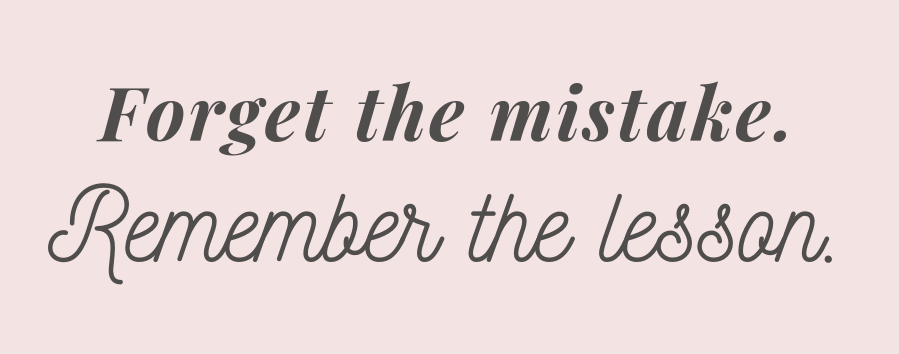The most successful people have a thirst for learning, developing and maintain a high level of skills. My daily mantra is: “I will learn from every interaction.” I think selling is a matter of constant and continuous error correction and learning. The best salespersons I know have confidence and are humble enough to accept that there is more that they don’t know than what they do know. Everything is an opportunity, every won deal, every lost deal, every interaction, every presentation is an opportunity to evaluate and learn then adjust and do it better next time.
“Luck is what happens when preparation meets opportunity.”
Sales has this weird paradox, for example, when you are in front of customers, they want you to be confident. When you are not in front of customers, you are pulling apart your interactions and generally behaving in an insecure way so that you can see the things that you should be seeing. This combination of confidence and confident vulnerability is the sweet spot where curiosity meet anxiety and is where you will fine tune your sales performance.





















